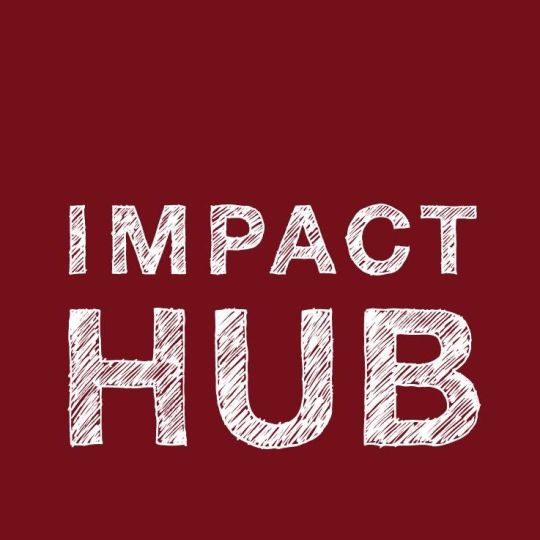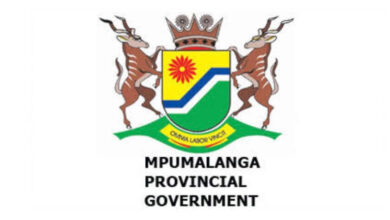Impact Hub – ‘Impact requires collective action’

Everywhere in the world, incubators for social entrepreneurs are multiplying. Indeed, being part of a network of like-minded people is capital to collaborate, be inspired, and have access to various resources. Born in UK in 2005, the Impact Hub Movement counts 7 000 members all over the world in more than 40 locations. Lesley Williams, founder of Impact Hub Johannesburg and board member of Impact Hub Global, gives us some information about the model of this social-enterprise.
Interview conducted in March 2014.

SparkTour Africa: Why Impact Hub Johannesburg was created?
Lesley Williams, founder of Impact Hub Johannesburg: In my career as a facilitator I realized that participants would leave workshops inspired to action, but it was often not sustained when confronted with challenges during implementation. The importance of Impact Hub is that people don’t just come, be inspired and walk away, they can work together every day in a shared space providing continuous encouragement and skills. No longer would they be far removed from the source of inspiration, it would be their daily experience. Another thing that was lacking in Johannesburg at the time was a place where people could come together across diversity, which is a very important thing in South-Africa, given our past. Being able to meet people from different cultures, religions and socio-economic backgrounds was absolutely essential.
‘[Something] that was lacking in Johannesburg at the time was a place where people could come together across diversity, which is a very important thing in South-Africa, given our past.’
I am a social-entrepreneur who wants to be involved in the Impact Hub network, how does it work?
Quite often it takes a few interactions for people to find their space in the network. Within all networks sometimes we expect too much from the organizer: you come to an event and you want the world to change. I think the most advantage is through regular engagement and contribution. If you have a particular skill or interests, then use the safe space of Impact Hub to experiment before taking it to market. Immediately we give you support and encouragement as friends would. The space is very much about community, about giving and getting.
‘The space is very much about community, about giving and getting.’
What is the business model of Impact Hub?
We have a few revenue streams, the one is membership: people pay between R140 to R3000/month to me a member, depending on the amount of time they use the space. We also have regular educational events and dialogues on various topics with regard to social-entrepreneurship, be it education, healthcare, creativity, business etc. Moreover, we have redesigned our social impact accelerator which launches this year and finally we do social impact consulting.
How many people are involved in Impact Hub Johannesburg?
We have a core team of three people. We do however encourage our members to contribute their talents, as the ethos of Impact hub is community ownership. We have about 15 people who use the space on a daily basis, but I think we have over 100 people who may not necessarily be paying members, but consider themselves as part of the Hub community and even ambassadors.
Do you have three words to describe the spirit of your organization?
Community, collaboration, getting things done. I know I am cheating, but want to keep ‘getting things done’!
What was the biggest difficulty since the creation of Impact Hub Johannesburg?
A difficulty that most start-ups have is getting credibility in a sector that is still finding itself. When I opened the Hub, nobody knew what social-entrepreneurship was, and they thought we were just an NGO rebranding ourselves. They couldn’t understand my intention of reinvesting the profit into the mission of the organization. That was a psychological barrier to overcome. And we also needed two million rand to set up, and we ended up setting up with only R200 000! So, it is a lot of bootstrapping and creativity that had to go into the Hub at the beginning.
‘A difficulty that most start-ups have is getting credibility in a sector that is still finding itself.’
What are your next challenges?
After three and a half years of existence, we need to grow up now. There is a different kind of approach between being a start-up and then moving into the growth phase and being an institution. Whether you are a for-profit, a not-for-profit, a corporate, a government think-tank… you need a place where you could go, innovate and get things done! For me, Impact Hub is the place to do that.
Today, a lot of young South-African want to embark on an entrepreneurial adventure to help society, do you have a piece of advice for them?
Sometimes, in giving back to society we forget ourselves in it. So, take care of yourself, make sure that you are not leading yourself into poverty when you want to reduce poverty. If you don’t secure yourself, you are not going to last long in the sector. Don’t deplete yourself in order to do good, because we need you strong.
‘Take care of yourself, make sure that you are not leading yourself into poverty when you want to reduce poverty.’
A last word?
Sometimes, it is just about doing it and learning as you do it!




